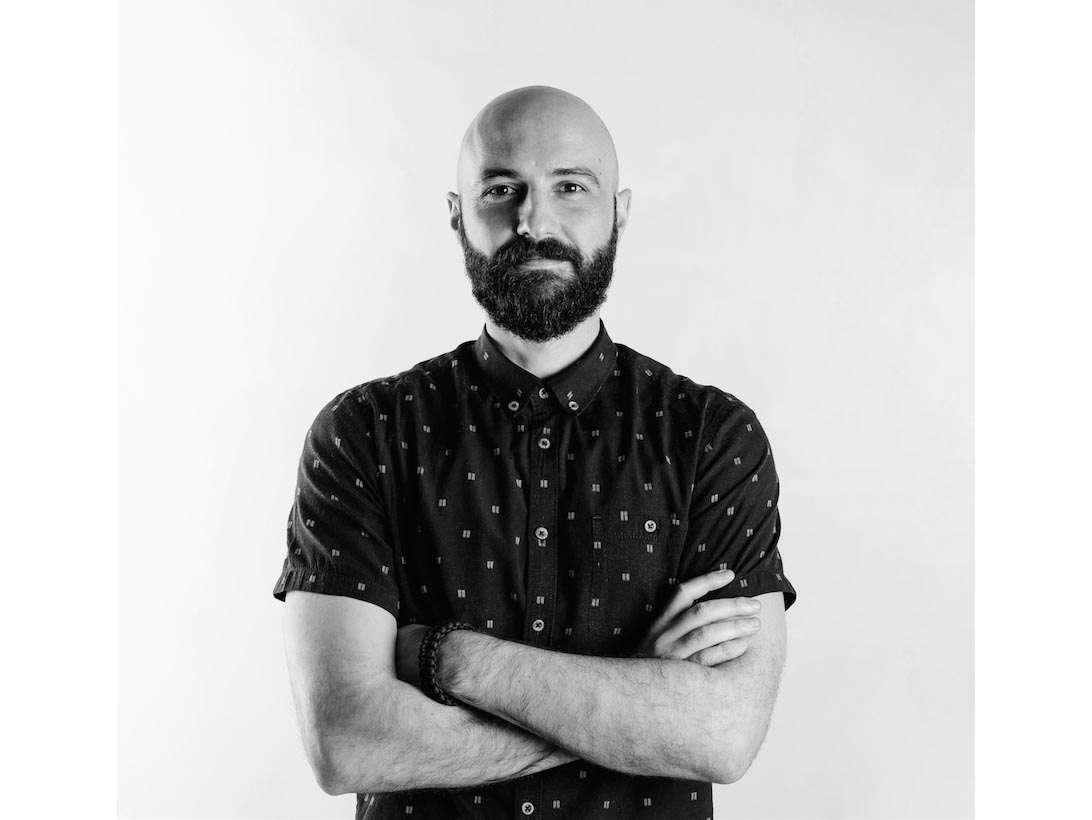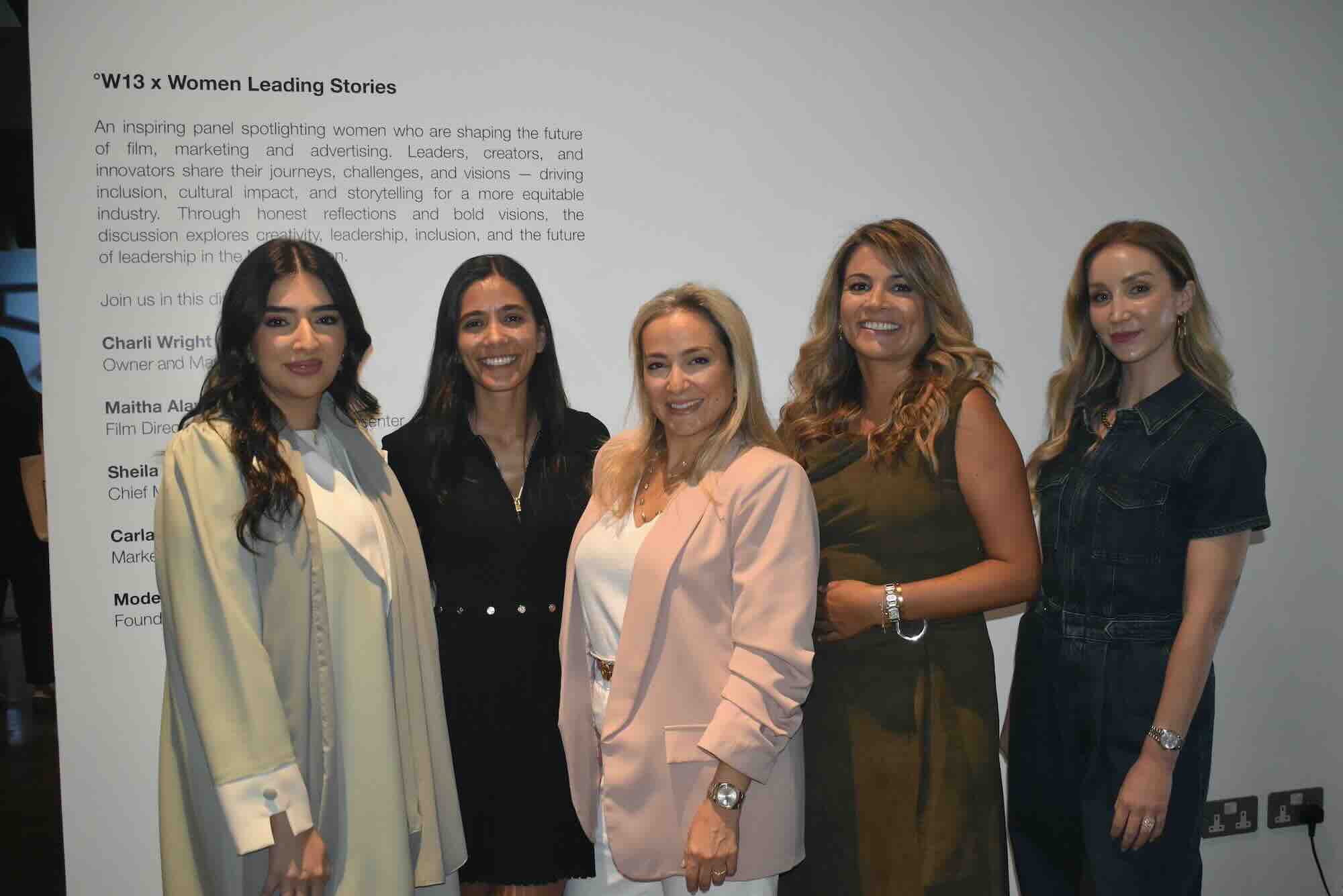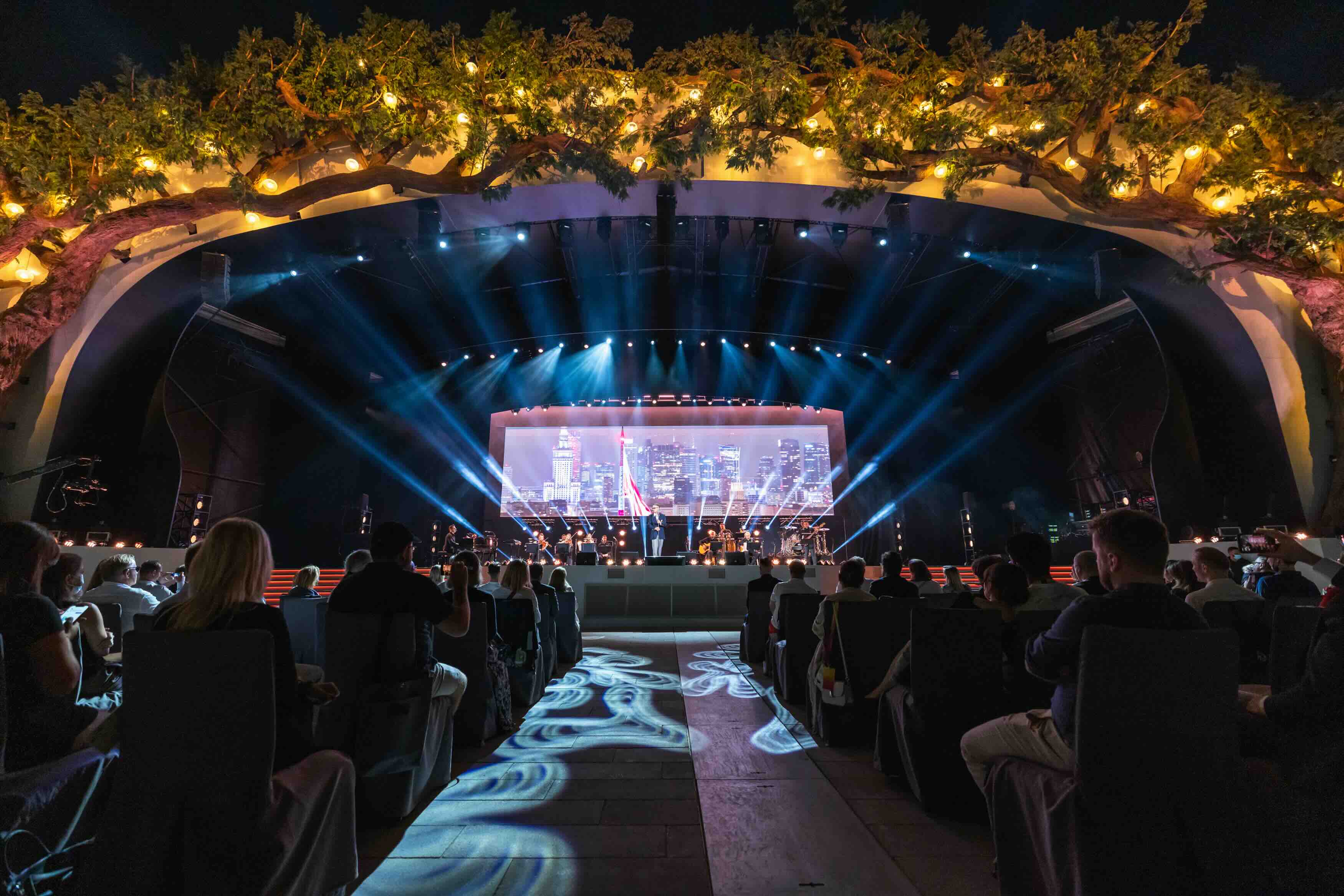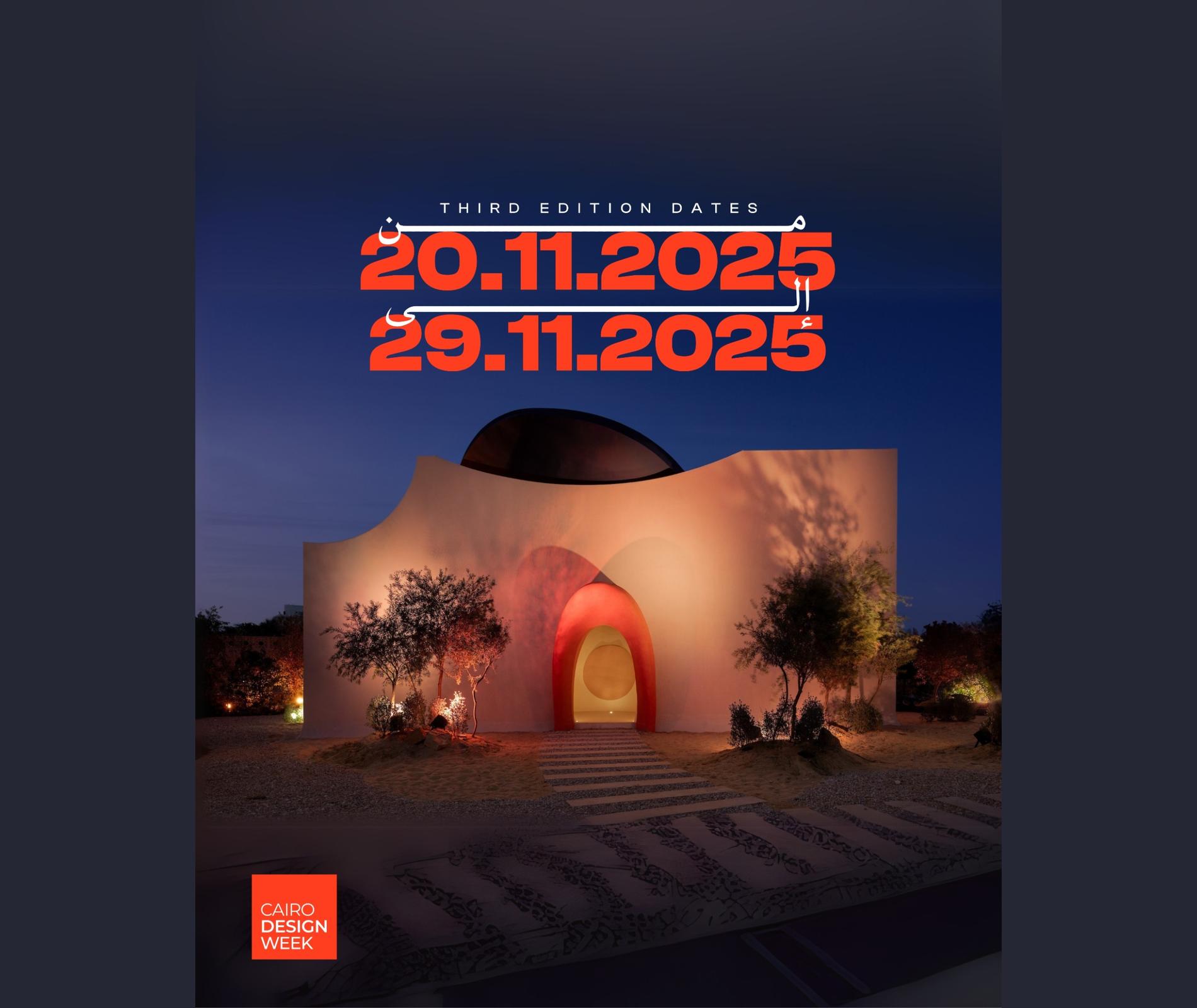News - Events
Middle East agencies break records at Cresta 2021
October 7, 2021
.jpg) Advertisement
AdvertisementMore Grand Prix honours have been given than ever before at this year’s Cresta Awards - a total of 12. And, for the first time, one has been won by a Middle East agency.
Havas Middle East achieved the sought-after Cresta Design Grand Prix with its dramatic ‘Liquid Billboard’ installation for Adidas.
To launch its inclusive swimwear collection, and to address the insight that insight that 88% of women in the Middle East don’t feel comfortable swimming in public, adidas and Havas Middle East launched the first-ever swimmable billboard. Five meters high, three-meter deep, 11,500 gallons of water and an invitation for women across the city to jump into our liquid billboard as an encouragement for others to feel more comfortable in the water and in their swimwear. Footage from inside the billboard was streamed to the city’s largest digital display.
The campaign became a global topic of conversation and was covered in more than 60 countries, across 6 continents. With one single placement, it reached more than 350 million people worldwide.
The adidas Liquid Billboard also won 2 Gold awards for Ambient & Experiential and Brand Purpose, as well as the Bronze 'Wish we’d thought of that' Award.
“It’s a campaign of firsts. The first swimmable billboard and the first Cresta GP for the region. We’re very proud of the work, the results, the partnership with adidas and, of course, of this recognition. It shines further light on the great creative momentum of the region and is a testament to the innovative mindset of the agencies in the Middle East,” said Fabio Silveira, General Manager Havas Creative.
By far the largest regional winner, though, was MullenLowe MENA UAE with a haul of four Golds, one Silver and seven Bronze awards.
Also in the trophies were TBWA\RAAD with three Bronze, Impact BBDO Beirut with two Bronze, and M&C Saatchi UAE with a Silver and a Bronze.
Globally, USA and German agencies led the way in taking the Grand Prix, while Indiana Productions and Riff Raff Films headed up a high quality field of production wins, with both taking double Grand Prix.
However, it was a disappointing year for some - notably agencies from Australia and New Zealand.
Cresta President Alan Page commented: ‘We saw many terrific entries battling it out at the top of the judging this year. Despite this being after more than a year of the pandemic — or perhaps because of it — there’s a real range of fresh innovation and a great depth of feeling in so much of the work that has impressed the jury. But let’s be clear - they were as tough and fair as ever!’
At the top end, BBDO Germany was the only agency to be awarded two Grand Prix, and also won three Gold awards and three Silver. Its most awarded work was a campaign for WWF Germany that developed a wide-ranging global environmental campaign around a newly discovered species of prawn, which was officially named ‘eurythenes plasticus’ as the deep ocean creature was found to contain plastic particle waste.
The New York offices of 72andSunny and BBDO both picked up Grand Prix, while FCB Chicago took the top award to put the USA out front at the top level.
Serviceplan Group of Munich took the biggest overall haul of awards of any agency, with no less than five Gold, eight Silver and nine Bronze awards. Four of those Golds also went to an environmental campaign, the ’Meltdown Flags’ work for the Meter Group, which presents a powerful visualisation of data to demonstrate the global retreat of glaciers.
Nord DDB of Stockholm was the second most-awarded agencies with five Gold, five Silver and five Bronze awards, achieved by its work for VAR Electronics and McDonald’s.
And very close behind was Tencent, from Shenzhen, which marked a massive breakthrough for both China and in-house creative teams. The giant internet and tech company took two Golds, five Silvers and eight Bronze awards.
Among the winning work from Dentsu Tokyo, perhaps the best was a first Gold in the long-term creativity category for their work with the railway network, Tohoku Shinkansen.
While the 120-strong jury handed out more Grand Prix, overall there were fewer honours given. Cresta CE0 Lewis Blackwell explained: ‘We encourage our jury to go with their expert opinion. This year there seems to have been a general tendency to be confident in identifying and backing the very best work, while across the board they were consistent and firm in not giving out any soft marks. There was a real focus on finding the stand out entries.’
The Cresta Awards, now in its 38th year, draws its name from a commitment to promoting creative standards. It distinguishes its judging process by having the 120+ jury members worldwide work independently, with the scores then averaged. Awarded work must meet an absolute arithmetic standard, rather than be subject to further discussion. The organisers claim this is a fairer way to recognise the best and most innovative work, as it stops ‘groupthink’ undermining expert individual judgement.


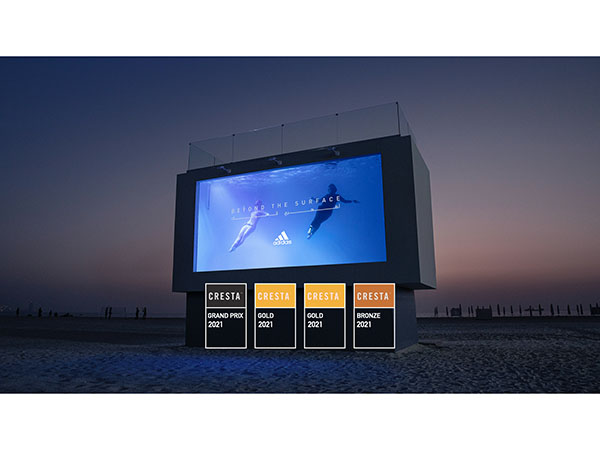
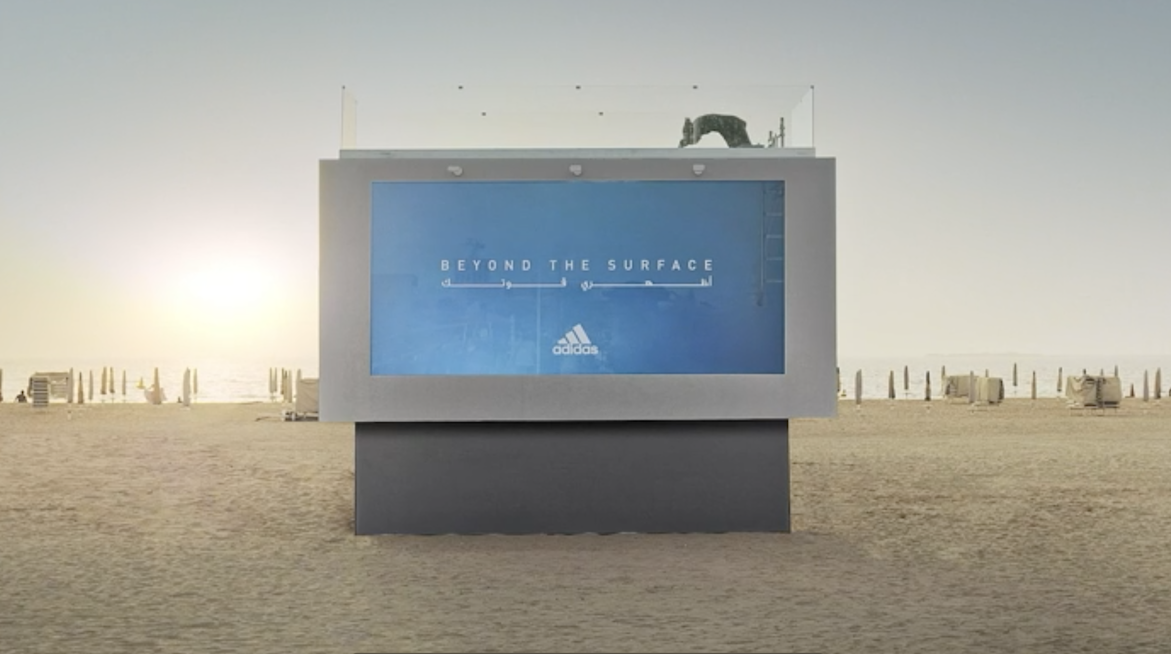
.jpg)


